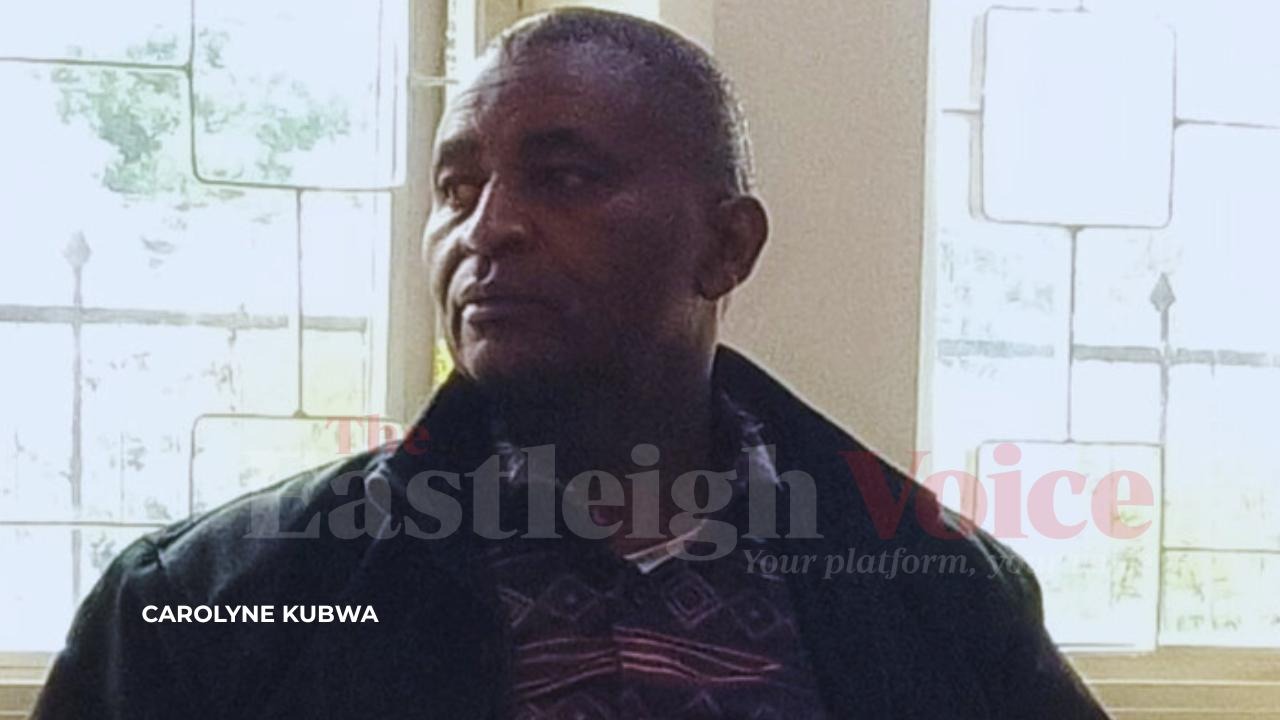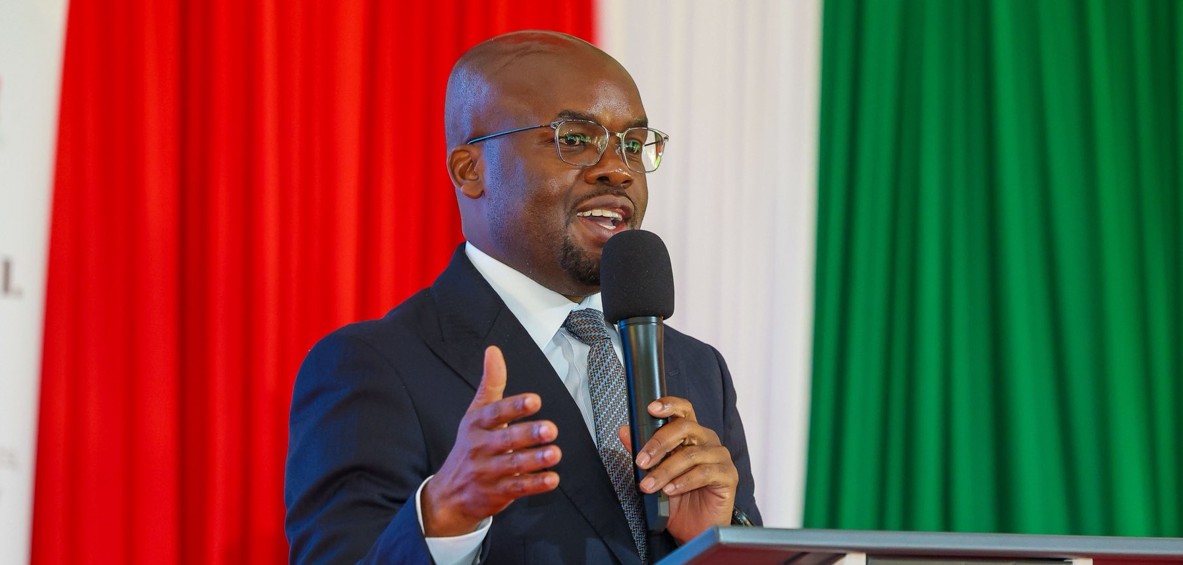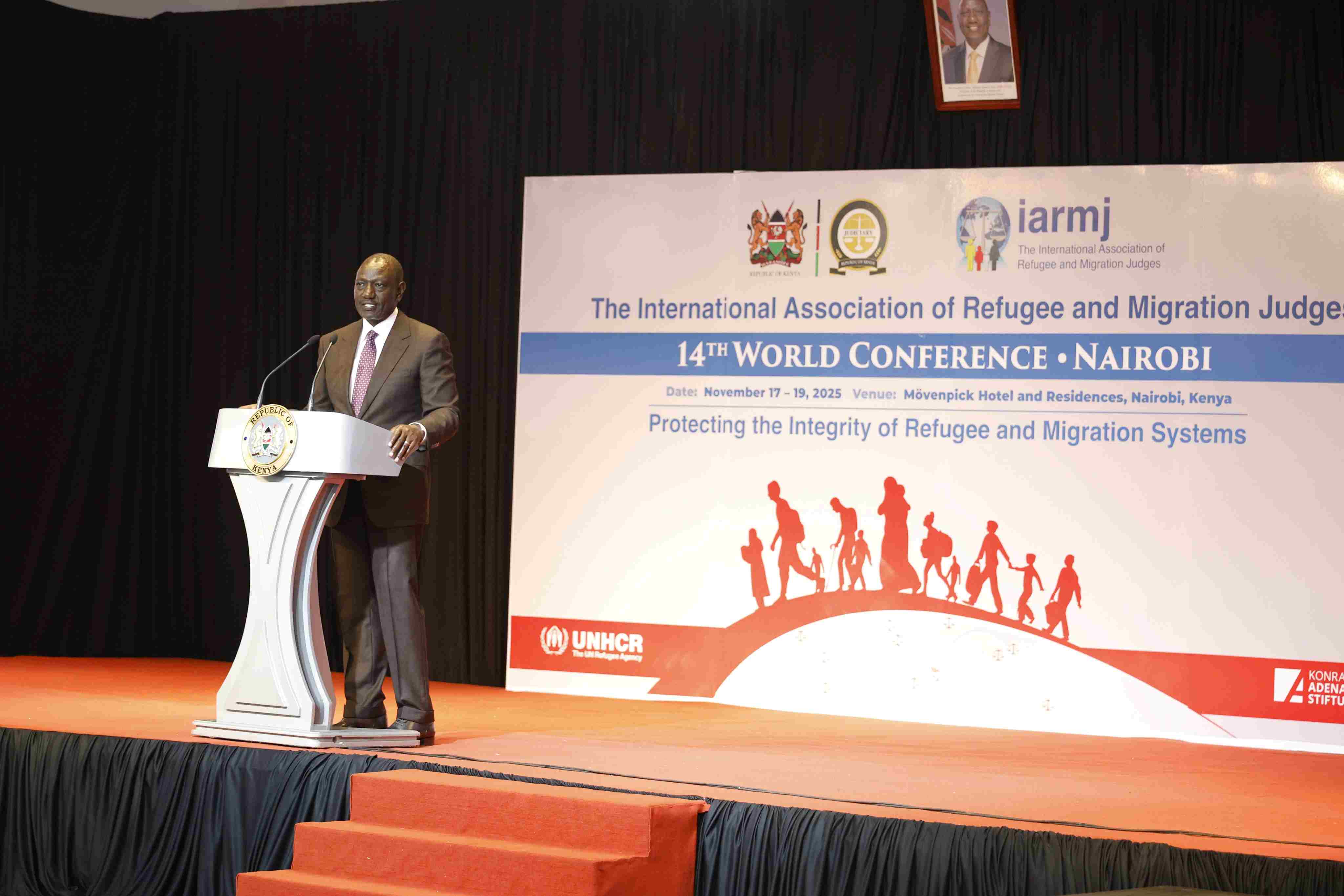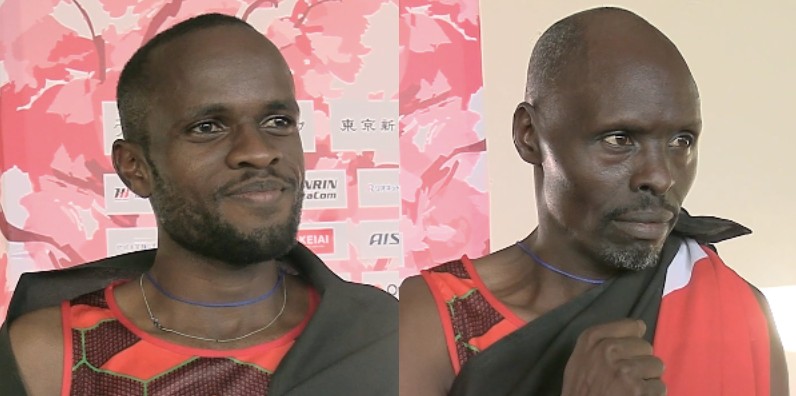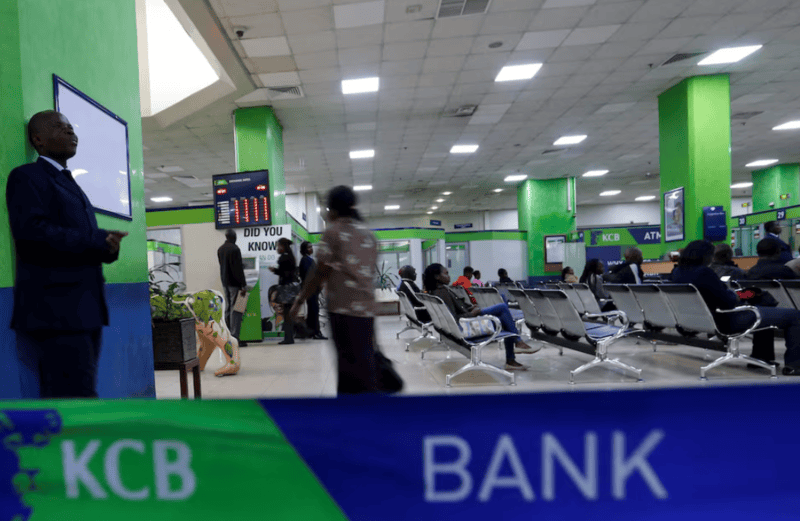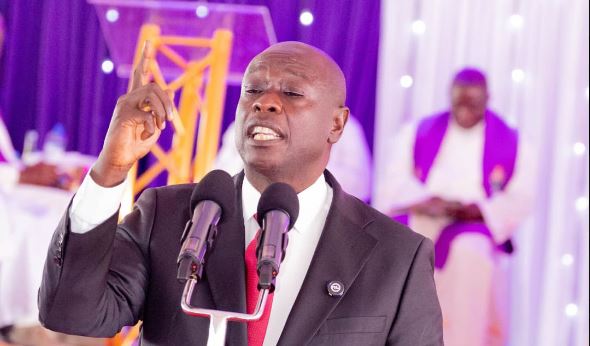Finance Bill takes centre stage as thousands of Northern Kenya residents engage on Twitter space
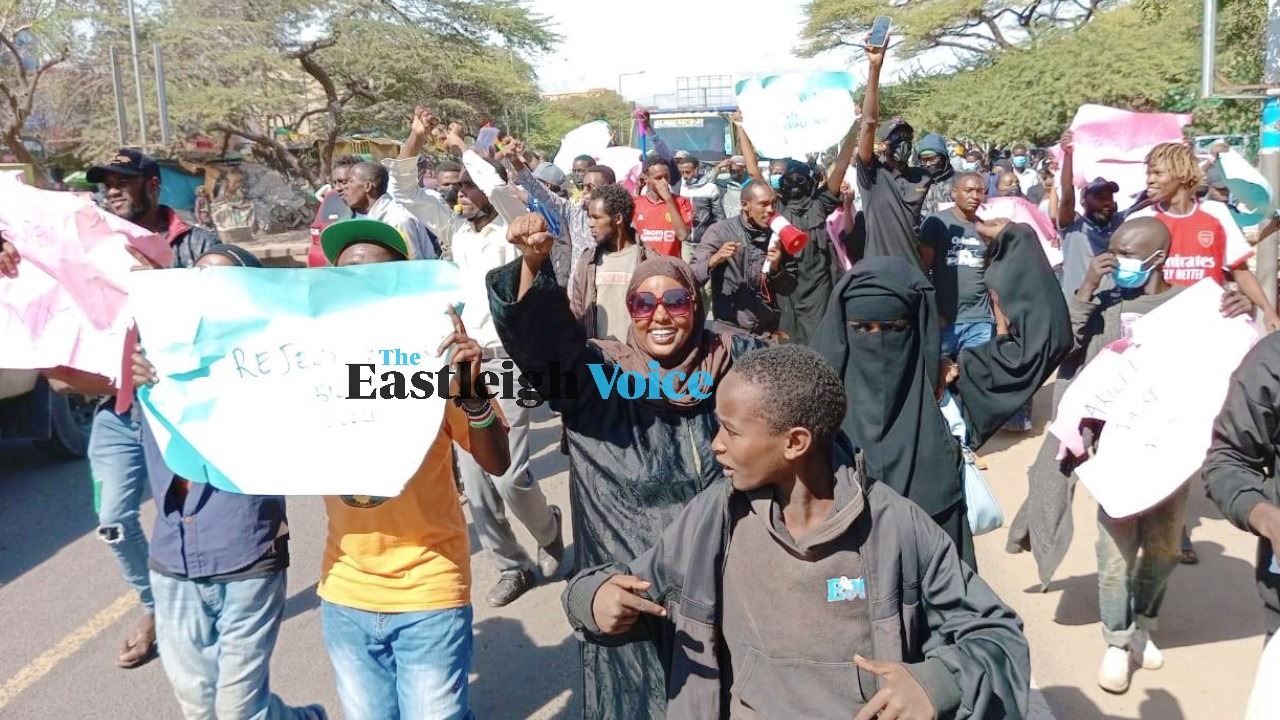
Experts argued that the Bill would escalate the cost of living and present challenges for tax compliance, especially affecting small businesses and individuals with limited resources.
On Sunday evening, approximately 39,000 participants convened on X, formerly Twitter to discuss the implications of the Finance Bill, 2024 for Northern Kenya.
Organised by the Northern Advocacy Organisation, the Twitter Space touched on deep-seated apprehensions within the region regarding the bill's repercussions.
More To Read
- Police to deploy senior investigators as Rex Masai inquest uncovers new witnesses
- From detention to global recognition: Rose Njeri named in 2025 Time100 Next list
- How protests over Finance Bill hurt Nairobi’s daily revenue collections
- That’s not me – police officer accused of shooting Rex Masai claims mistaken identity
- Over 1,000 national ID cards destroyed in fire during protests in Ol Kalou
- Businesses reeling: Nairobi faces massive losses after June 25 memorial unrest
The Finance Bill, 2024 is now in its final stage, set for review by the committee of the whole House on Tuesday for its Third Reading, where a detailed examination and voting on proposed amendments will occur.
During the second reading, 204 legislators voted in favour while 115 opposed it, despite widespread countrywide demonstrations.
Dr Salah Abdi Sheikh, a governance advocate speaking at the forum, said, the bill's provisions would impact Northern Counties comparably to the rest of Kenya.
He argued that it would escalate the cost of living and present challenges for tax compliance, especially affecting small businesses and individuals with limited resources.

While acknowledging existing legislative frameworks such as the Public Finance Management Act and Procurement Laws, forum attendees stressed that the effectiveness of these measures hinges critically on robust enforcement.
"Laws alone are insufficient without stringent enforcement mechanisms," cautioned Dr Salah.
Despite extensive discourse on the bill, specific concerns regarding Northern Kenya's pivotal sectors such as livestock and arid lands farming remained prominent among participants following the discussions.
"The ramifications of these measures disproportionately impact marginalised communities, intensifying socioeconomic disparity," Dr Salah added.
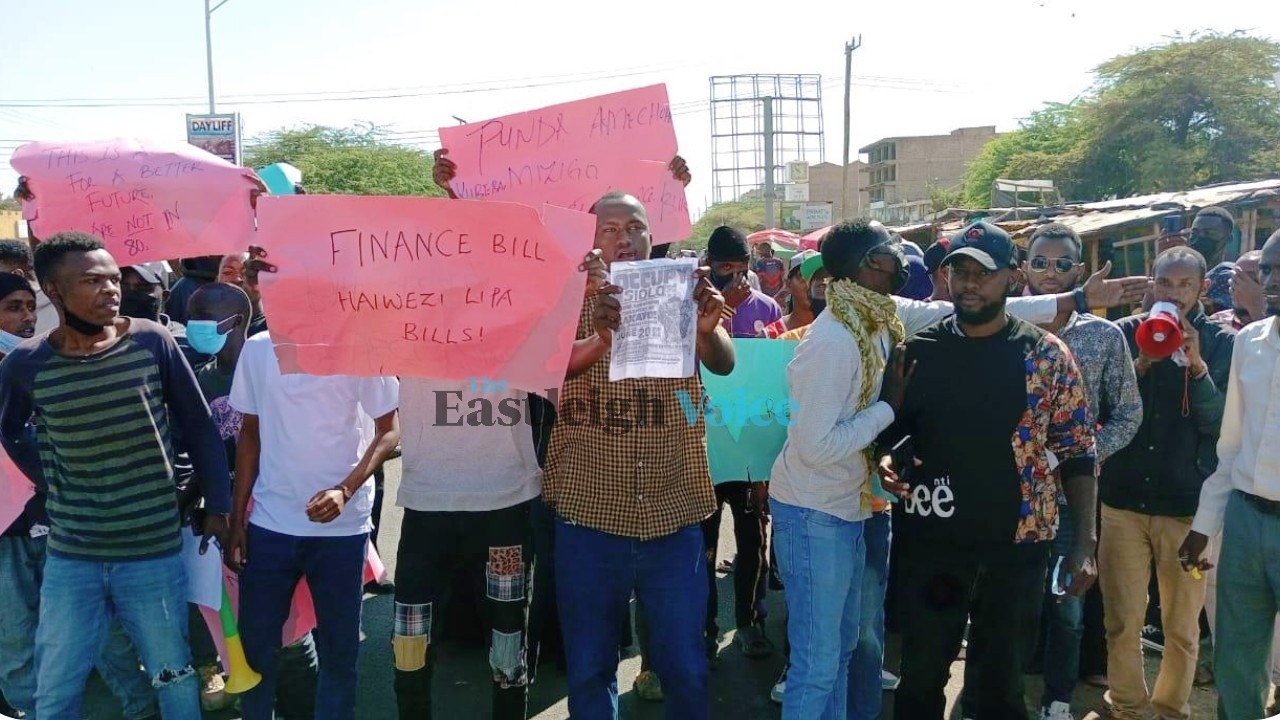 Anti-finance Bill protestors take to the streets in Isiolo Town on June 20, 2024. (Photo: Waweru Wairimu)
Anti-finance Bill protestors take to the streets in Isiolo Town on June 20, 2024. (Photo: Waweru Wairimu)
"The Finance Bill, 2024 does not solely address corruption or misallocation of public funds but exacerbates the cost of essential commodities like basic foodstuffs, fuel, and crucial imports," he further stated.
Passionate discussions
The forum, originally scheduled for one hour starting at 9:00 pm, was extended for over two hours due to active participation and passionate discussions from MPs and community leaders from Northern Kenya.
Abdinassir Adan, CEO of the Northern Advocacy Organisation, expressed frustrations over the efficacy of public participation, lamenting a perceived lack of responsiveness to community feedback.
"Consultation without genuine consideration of public sentiment renders the process futile," he remarked during the forum.
"If an overwhelming majority rejects a proposal, yet it remains unheeded, it raises serious questions about the integrity of participatory democracy."
The Finance Bill, 2024 has sparked nationwide debate, with implications stretching beyond economic concerns to broader societal issues.
For instance, anticipated price hikes on sanitary towels were cited as an example likely to affect economically disadvantaged girls, potentially deepening inequalities disproportionately.
"Expect and anticipate continued dialogue and advocacy to influence policy outcomes beneficial to Northern Kenya's marginalised communities," Halima Hillow said.
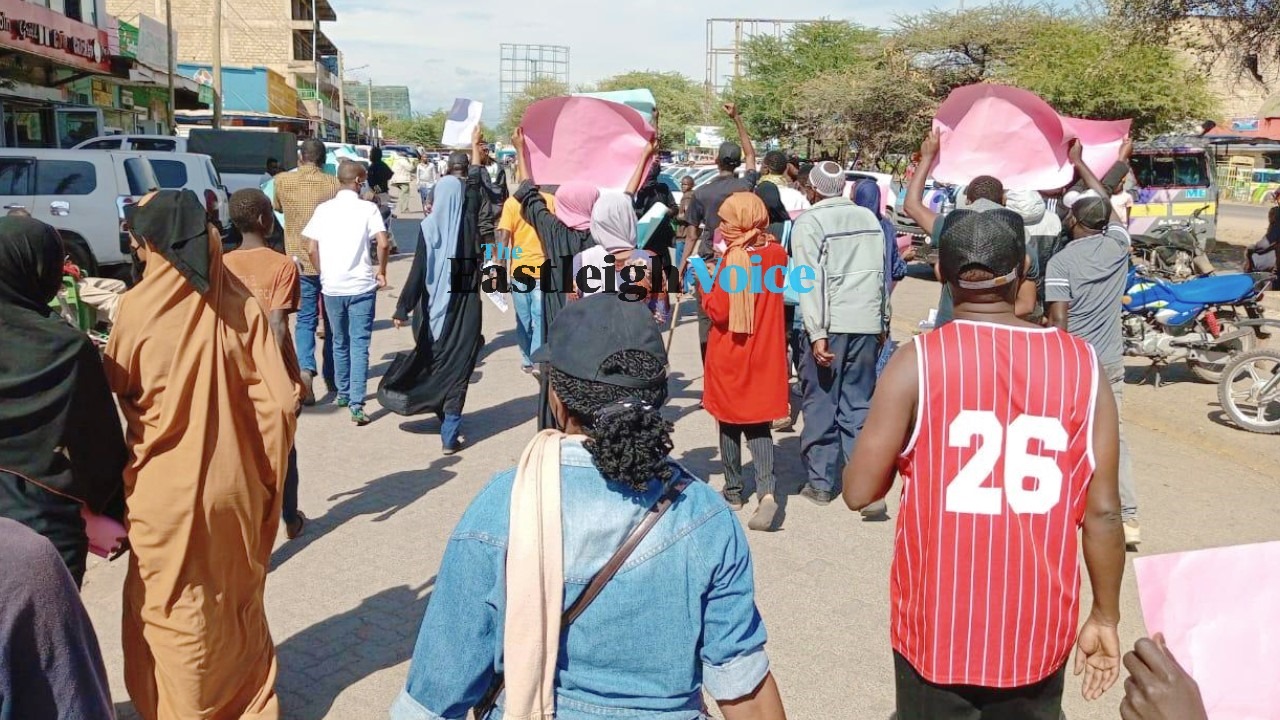 Anti-finance Bill protestors take to the streets in Isiolo Town on June 20, 2024. (Photo: Waweru Wairimu)
Anti-finance Bill protestors take to the streets in Isiolo Town on June 20, 2024. (Photo: Waweru Wairimu)
Speakers at the forum aired grievances and demanded equitable representation in legislative decision-making processes.
Garissa Women Representative, Udgon Siyad, attributed the bill's tax increases on poor Kenyans to the failure of leadership in North Eastern Kenya.
"The burden of increased taxes falls hardest on the shoulders of the poor," she explained, explaining her rejection of the bill.
"Raising taxes without addressing the fundamental needs of our communities only perpetuates inequality and hardship," she added, calling for proactive policies that uplift rather than burden people.
Abdinoor Ali, a telecom engineer, recounted visiting a school in North Eastern Kenya where grade 4 learners study in a tent classroom.
"The area MP proudly voted YES! but can't even provide a blackboard. So sad!" he lamented.
Garissa Township Member of Parliament Rtd. Maj. Dekow Barrow defended his position, stressing that the bill itself wasn't problematic but rather the lack of effective service delivery.
"The bill isn't the issue. The failure lies in leadership," he said.
Top Stories Today
